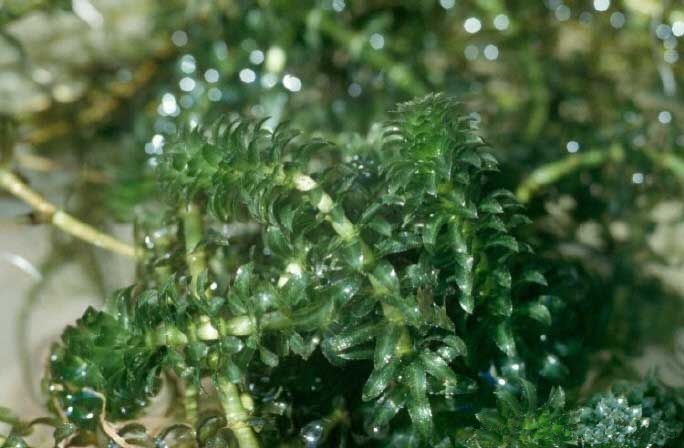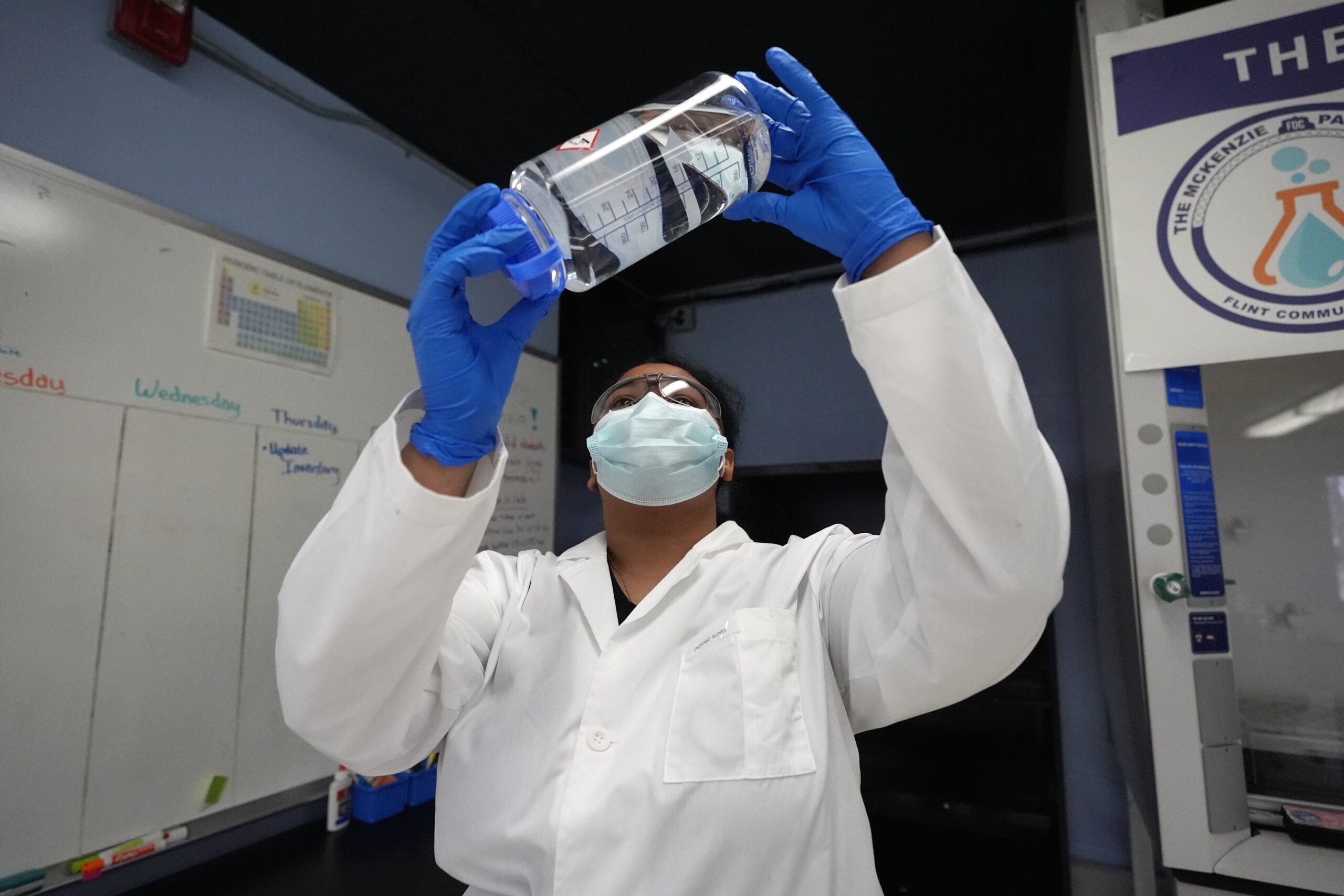Now that a fast-growing invasive plant has been found in the Eno River, state officials are racing to control its spread.
Hydrilla is a non-native species of aquatic plant that can form dense mats in lakes and streams that choke out native plants.
Charlie Peek is the public information officer for the North Carolina State Park system. He says the plant poses a threat to wildlife as well.
“It will crowd out native vegetation and also native animal species such as the fish and the mollusks,” says Peek. “Then it becomes pretty serious because you’re upsetting the balance of that ecosystem.”
Currently the infestation is located near Guess Road in Durham, but officials say the plant is easily spread when fragments float downstream. Peek says human activity can also move the plant from one waterway to another.
“It very frequently clings on to boat propellers and the undersides of boats, and then the stems and shoots break off and float downstream,” says Peek. “That’s what we think has happened here.”
The plant can spread at a rate of one mile each year. Researchers worry that if hydrilla goes unchecked, it could become a serious nuisance in Falls Lake. In response, the N.C. Division of Water Resources is launching a task force of officials from state and federal agencies, as well as the city of Durham, Durham County, Hillsborough and Orange County.
The team will research control methods and hope to have a plan in place by next year. Physical and chemical methods have been used successfully in lakes, but it’s not clear if they can be replicated in the Eno River.
In the meantime, officials ask members of the public to wash all boats or other water equipment between uses to help prevent the spread of the plant. If you encounter a mat of hydrilla, don’t walk through it, as any fragments that wash downstream could sprout new plants.
You can find out more about hydrilla here.





Comments on Chapelboro are moderated according to our Community Guidelines